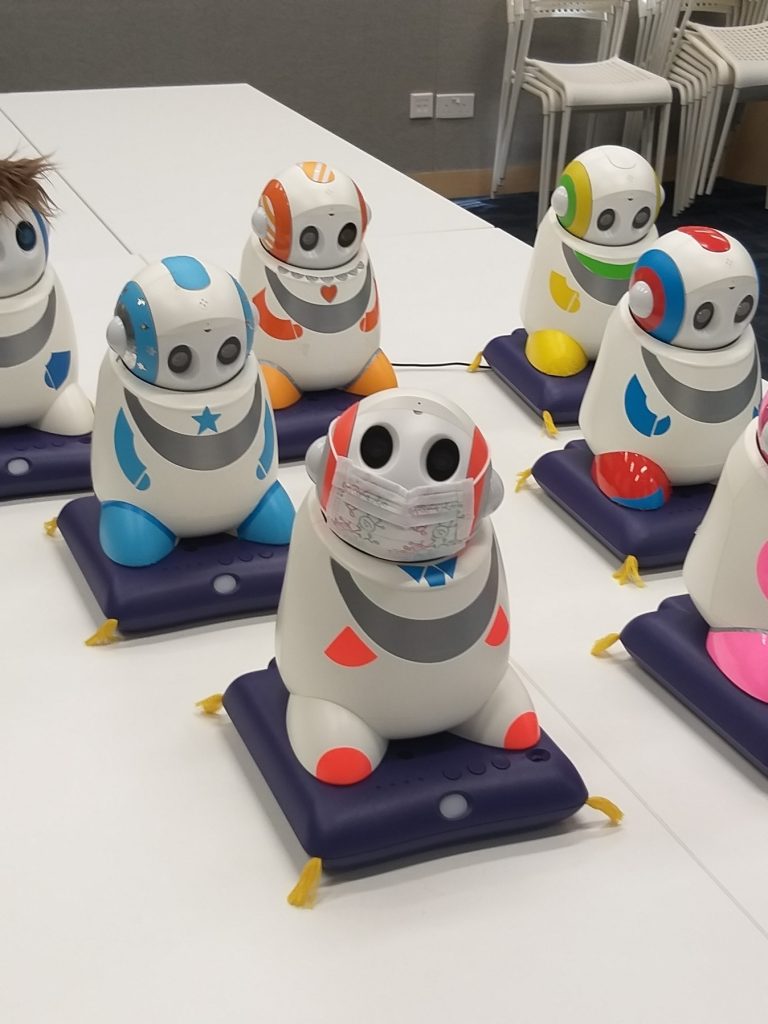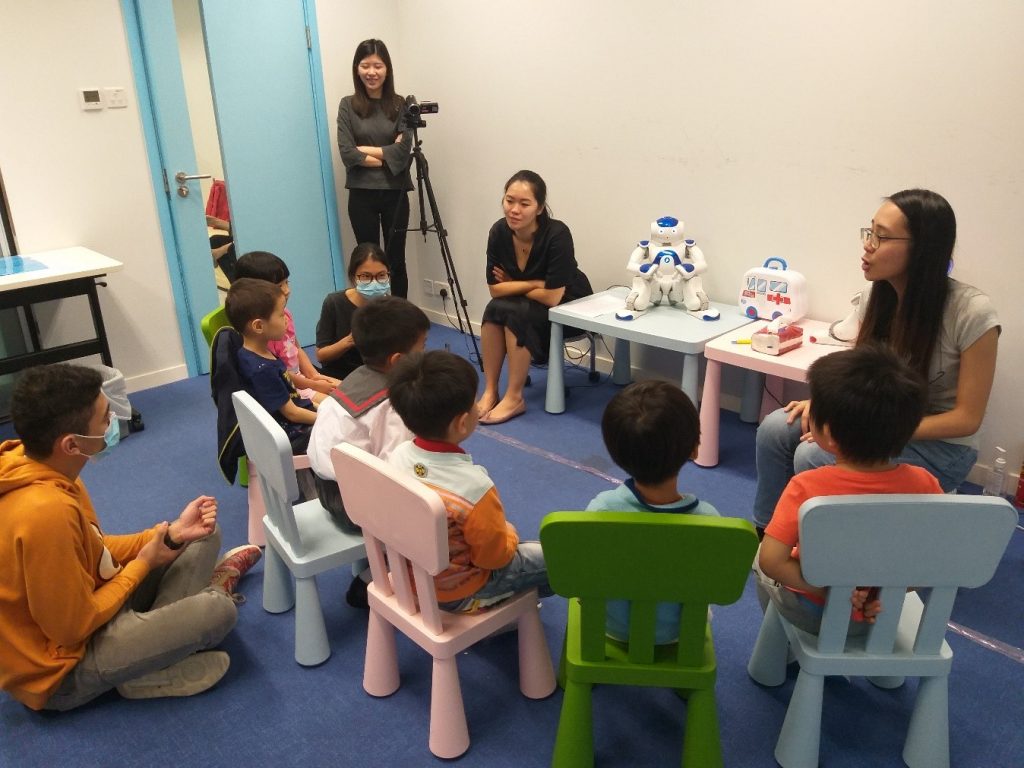PROJECT QUICK FACTS
Principal Investigator
-
Prof. SO Wing Chee, Catherine
DEPARTMENT OF EDUCATIONAL PSYCHOLOGY
-
Funding Sources
Social Innovation and Entrepreneurship Development Fund
Hong Kong Research Grant Council
The Commerce and Economic Development Bureau (Professional Services Advancement Support Scheme)
Innovation and Technology Commission
-
Collaboration
NEC Hong Kong Limited
-
Patent
6 trademarks in China
3 trademarks in Hong Kong
-
Award
Runners up in E-Education & Learning Award (Private Sector/NGO), WITSA Global Innovation and Tech Excellence Award 2022
Silver Medal, International Exhibition of Inventions Geneva 2022
Merit Award, Information Communication and Technology Awards, in 2018 and Gold Award in 2021
Outstanding Social Service Award, 2021 Best Practice Awards in Social Welfare; Service Delivery Award (Innovative Ideas), Service Delivery Award (User Participation) and Service Delivery Award (Evidence-based Practice))
RABI®, an innovative, theory-driven, and evidence-based intervention, aims to enhance social and communicative functioning of autistic individuals, facilitate their societal inclusion, and eventually promote their economic self-sufficiency. Through the demonstration of the appropriate social skills in robot dramas, autistic children are taught self-care skills, appropriate ways to behave in various scenarios, and emotional understanding and expression. With different levels of difficulty, RABI® can cater diverse learning needs of autistic individuals.

Uniqueness and Competitive Advantages:
- Has 10 modules covering a plethora of social and behavioral skills according to a simple-to-complex approach
- Caters for diverse socio-economic background of autistic learners
- Compared with humans, robots can better reduce autistic children’s agitation in learning social skills

